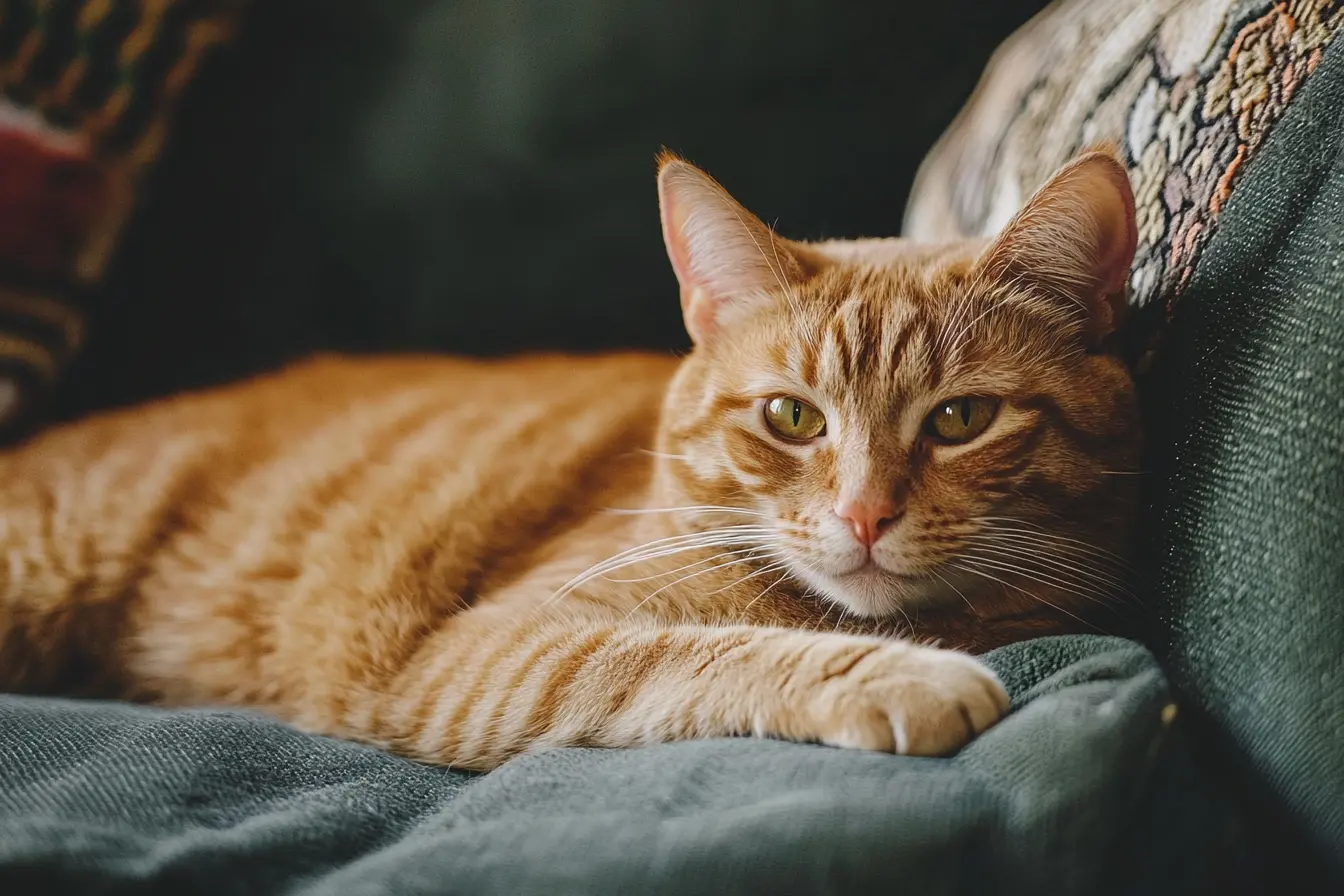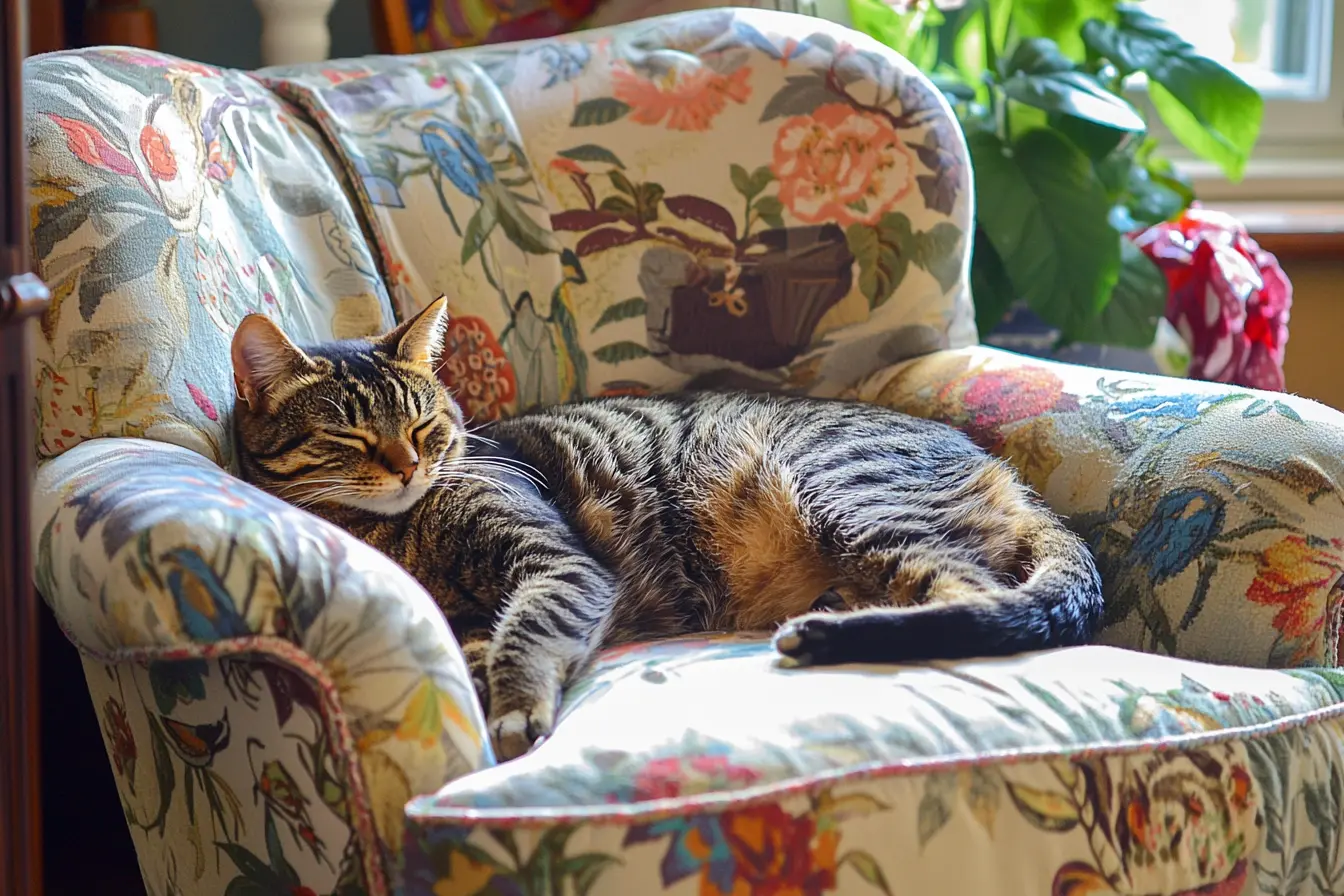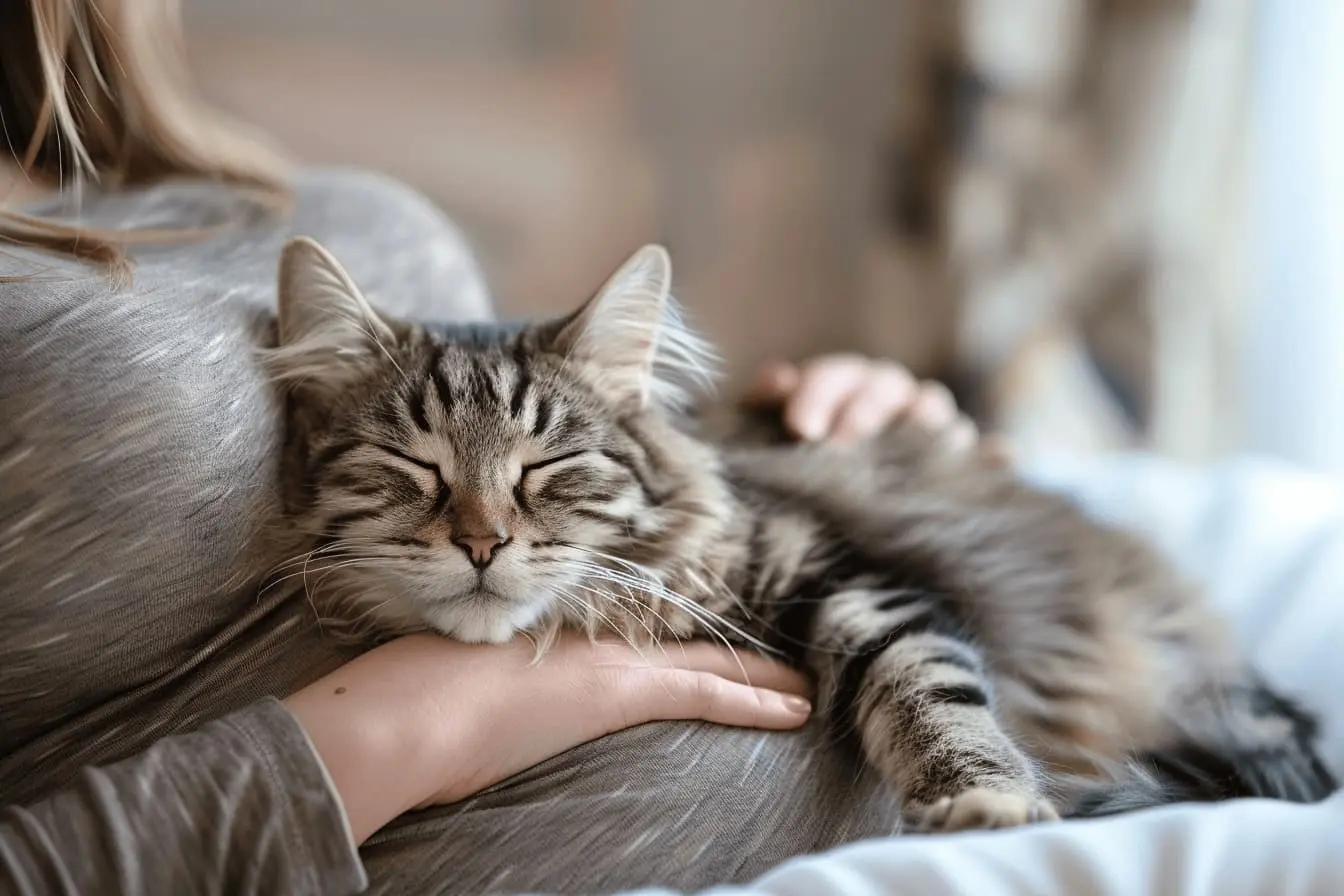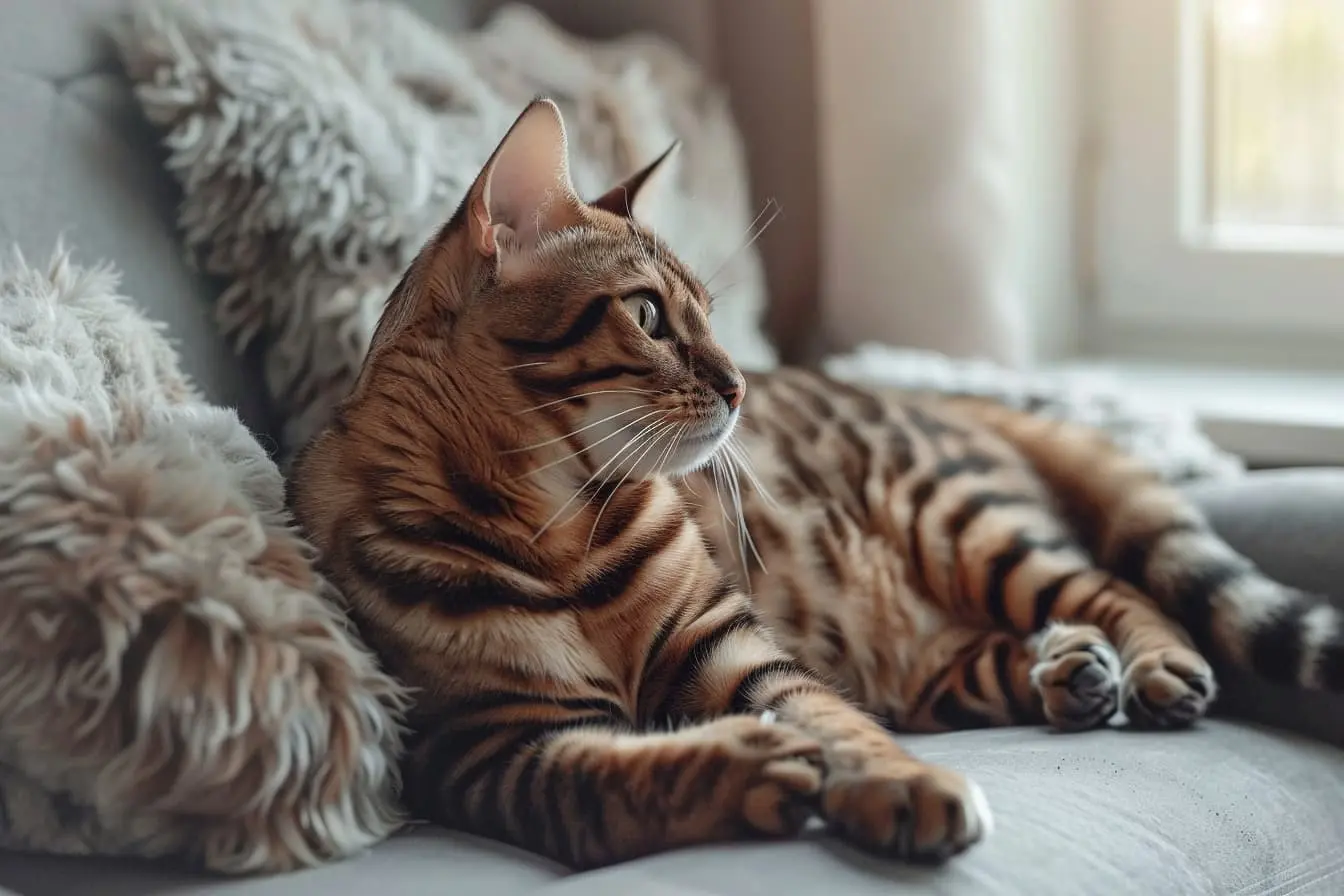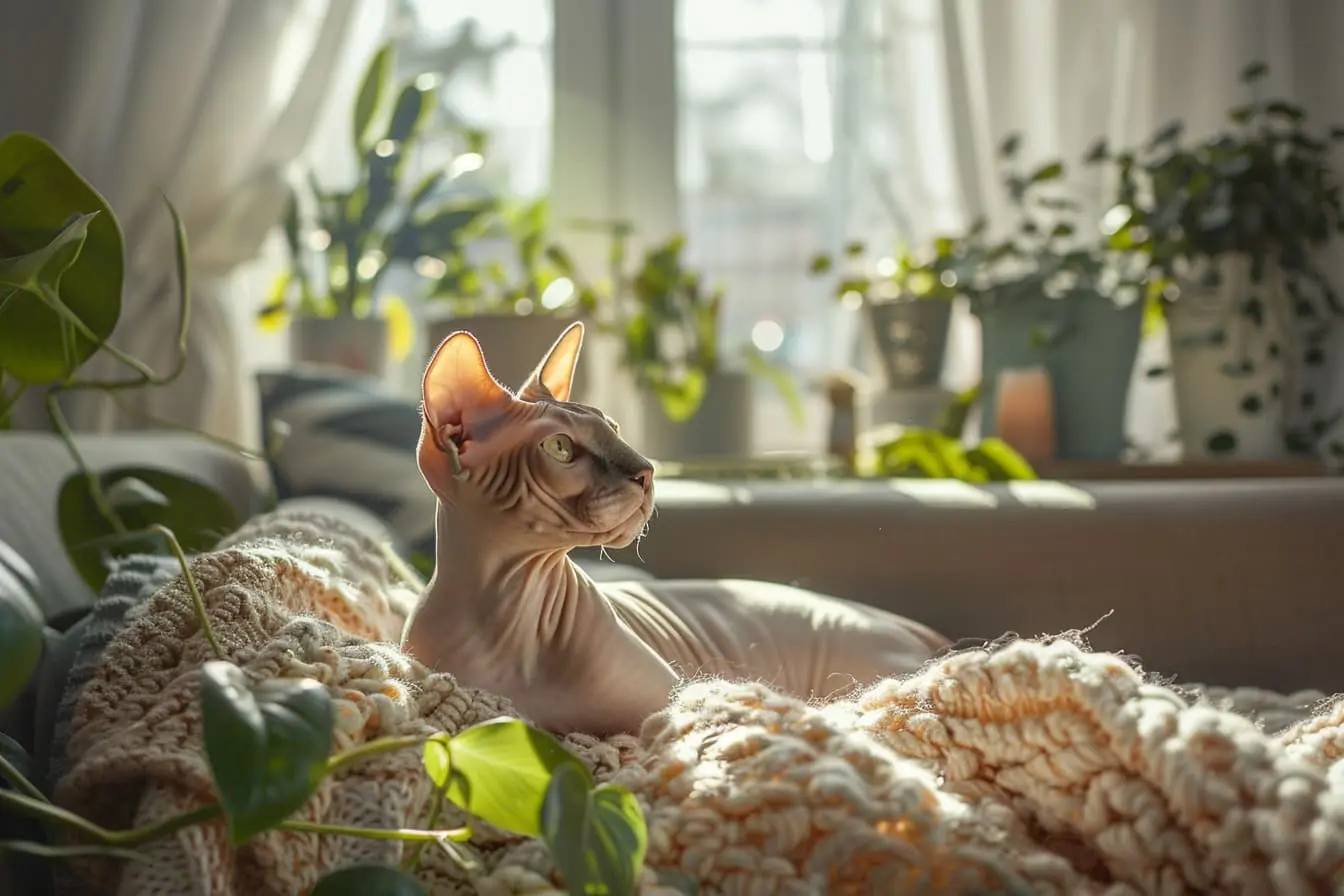
The Unique Sphynx Cat: A Guide for Potential Owners
Welcoming a new cat into your life is an exciting decision, and choosing a breed like the Sphynx adds an extra level of intrigue. Known for their distinctive hairless appearance, the Sphynx is a breed that combines high energy levels, affectionate nature, and a unique look into one package. This guide aims to provide prospective Sphynx owners with comprehensive insights into what it takes to care for these remarkable cats, helping you decide if a Sphynx cat is the right addition to your home.
Breed History and Characteristics
The Sphynx breed originated in Canada in the 1960s through a natural genetic mutation. The breed was further developed through selective breeding, which not only solidified its distinctive hairless trait but also its robust health and unique personality. Contrary to what their alien-like appearance might suggest, Sphynx cats are warm, affectionate, and known for their love of human companionship.
Sphynx cats have a medium-sized body, a broad chest, and a muscular build. Their skin feels like warm suede and may have a fine layer of down, which is almost imperceptible. Their lack of fur is complemented by large ears and lemon-shaped eyes, enhancing their exotic look.
Temperament
Sphynx cats are known for their extroverted personalities. They are highly sociable, enjoying the company of their human families, other cats, and even dogs. They crave attention and interaction, making them great companions for those who can spend a lot of time with them. Despite their somewhat regal appearance, they are playful and mischievous, often entertaining their owners with their clown-like antics.
Health and Lifespan
The Sphynx breed is generally healthy, with a life expectancy of around 12 to 15 years. However, they can be prone to certain health issues, such as heart conditions like hypertrophic cardiomyopathy (HCM), skin issues, and dental problems. Regular health check-ups, including cardiac screening, can help catch and manage these conditions early.
Care and Grooming
Despite being hairless, Sphynx cats require regular grooming to maintain their skin health. Their bodies produce oil, which, in the absence of fur, can accumulate on the skin and lead to problems if not cleaned regularly. Weekly baths with a gentle pet shampoo are recommended to keep their skin clean and healthy.
Sphynx cats are also more susceptible to temperature extremes due to their lack of fur. They should be kept indoors and may require clothing or blankets to stay warm during colder months. Conversely, their skin can be sensitive to the sun, so it's important to protect them from direct sunlight to prevent sunburn.
Living Environment
Sphynx cats adapt well to most living environments, as long as they are kept safe, warm, and stimulated. They are active cats that appreciate climbing structures, interactive toys, and puzzle feeders to keep them mentally and physically engaged. Due to their social nature, they do best in homes where they can enjoy plenty of interaction and companionship.
Training and Socialisation
Sphynx cats are intelligent and can be taught tricks, use a scratching post, and even walk on a lead with proper training. Early socialisation is crucial for them to become well-adjusted pets, especially if they'll be around other animals or children. They appreciate and respond well to positive reinforcement techniques.
Considerations for Prospective Owners
- Commitment to Grooming: The regular bathing requirement is significant but crucial for the Sphynx's health and comfort.
- Healthcare: Prospective owners should be prepared for the breed's specific health needs, including potential skin and heart issues.
- Environmental Needs: Providing a warm and stimulating environment is essential for their physical and mental well-being.
- Companionship: Sphynx cats demand a lot of attention and should not be left alone for extended periods.
Conclusion
The Sphynx cat offers a unique blend of affection, energy, and companionship, making them a captivating choice for the right owner. While their care needs are distinct, the joy and love they bring to a home can be immensely rewarding. If you're drawn to their unique appearance and spirited personality and are prepared to meet their care and health needs, a Sphynx cat could be a wonderful addition to your family.
Before making your decision, consider visiting breeders or adoption centres to interact with Sphynx cats firsthand. This experience can offer valuable insights into their care requirements and help ensure that you're ready for the commitment of bringing a Sphynx cat into your life. Remember, adopting a pet is a lifelong commitment that should be entered into with careful thought and consideration for the wellbeing of the animal and your capability to provide a loving, attentive home.
Vets near you
Speciality vets
- Aquatics vet specialists
- Birds vet specialists
- Camelids vet specialists
- Cats vet specialists
- Cattle vet specialists
- Deer vet specialists
- Dogs vet specialists
- Equines vet specialists
- Exotic vet specialists
- Goats vet specialists
- Pigs vet specialists
- Poultry vet specialists
- Sheep vet specialists
- Small Mammals vet specialists
- Wild vet specialists
Vet facilities
- Accessible by public transport
- Blood testing
- Car park nearby
- Client car park
- Dentistry
- Diagnostic imaging
- Disabled public access
- Flea and worm treatments
- Microchipping
- Mobile services
- Neutering
- Open at weekends
- Out-of-hours service
- Referral interests
- Referrals only
- Street parking outside
- Toilets available
- Vaccinations
